One Course Summer Institute Course Descriptions
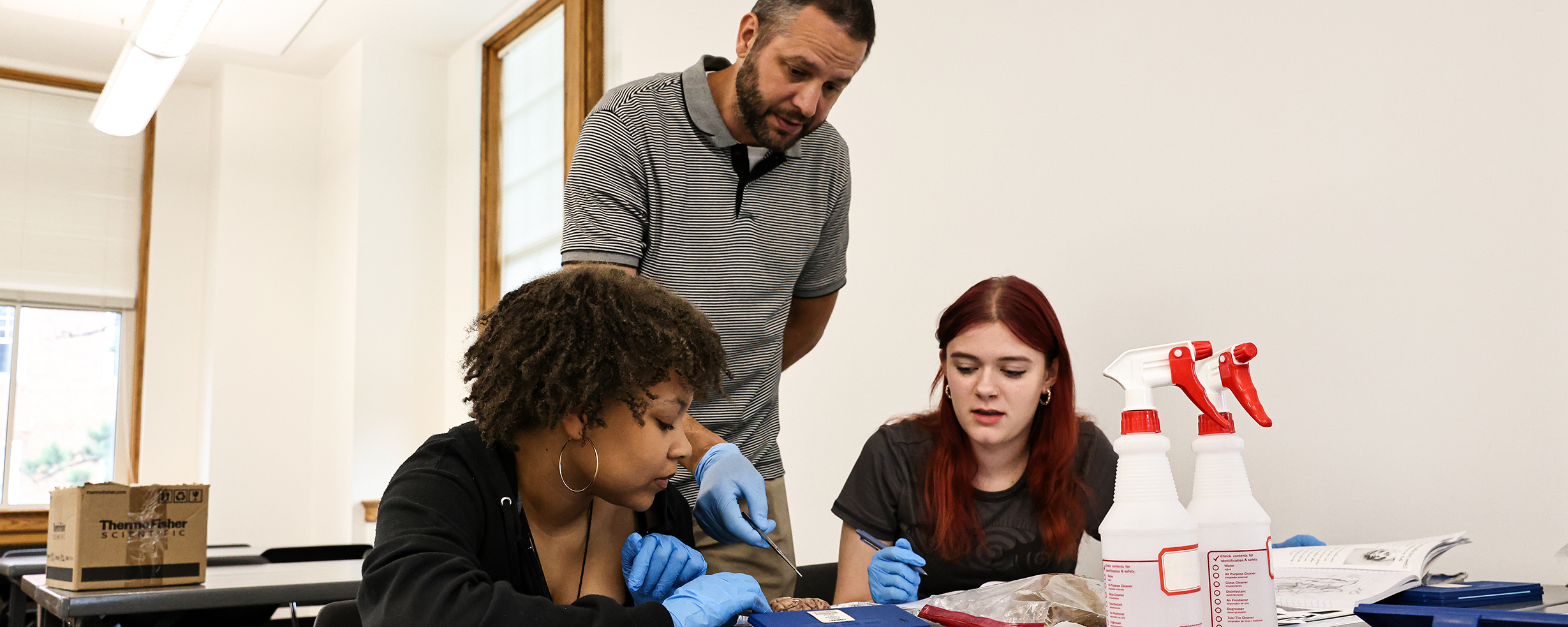
Courses offered for the 2025 One Course Summer Institute loosely fall into three categories, Arts & Expression, Science & Technology, and Business & Statistics of classes with up to 15 students.
Each student enrolling for the summer institute will select one immersive course for the duration of the institute. During registration, we'll also ask you to identify a back-up course in case your first choice fills up.
Arts & Expression Science & Technology Business & Statistics
Video Games and Storytelling
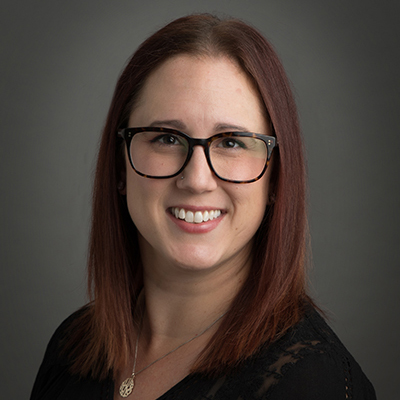
Assistant Professor of English and Creative Writing, Katie Sagal
What is it that draws us into video games? What makes a game engaging? While video games have different pacing, and levels of action or mystery, they share a common foundation: storytelling. It’s what draws us in and keeps us there level after level. Together, we’ll take a critical and creative look at narrative in games.
In this course we will play “Night in the Woods,” an adventure game created by entrepreneurs through a kickstarter campaign, that has successfully reached users on Mac, PC, and PS4 together in the classroom. We’ll pair creative writing projects and scholarly readings to our in-class gaming experience to assess how video games craft story worlds, incite emotion, and engage our passions through visual design, gameplay, and writing. You’ll have the opportunity to practice writing for video games and see how this could become a future career.
Classroom activities will include:
- exploration and analysis of the gaming environment of Night in the Woods
- review of scholarly readings about gaming psychology and craft
- craftreative writing that explores storytelling in games
What students take away for high school and college work:
- understanding of how to interpret scholarly readings to personal experience
- ability to contribute to group discussion and collaborate with peers
- knowledge of how storytelling crafts human experience
- experience with how to craft stories for video game production as a career
No prerequisites
Explore creative writing at Cornell
Reinventing the Camera: Photography & Fabrication
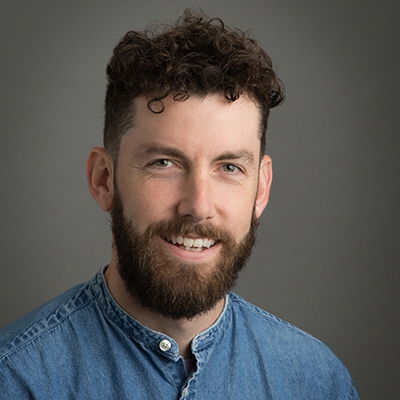
Assistant Professor of Art, Alex McKenzie
Photography surrounds us—it’s in our physical environment in print materials and on our walls, and it’s a constant companion in our digital world as an accessible mode of self expression. Every smartphone has a camera embedded in it, allowing us instant access to create photographs, but where did photography originate? How did this art form evolve? And is there a difference in experiencing photography with a camera you’ve built yourself?
We will explore the history of photography and several early photographic techniques (salt prints, cyanotypes, and direct positives.) Then we will approach the camera as both a tool for creating art, and an art project itself. We will build our own cameras from raw materials, creating a functional sculptural device. You will learn how to design and build a camera using design software, a laser cutter, 3D printer, and traditional wood shop tools to make your vision real. Then you’ll use your new tool to document the world via your very personalized lens of photography.
Classroom activities will include:
- exploration of historical photography techniques
- use of digital tools to visualize and design a working camera
- practice using laser cutter, 3D printers, and woodshop tools
- assembly of a functional, sculptural personal camera
What students take away for high school and college work:
- an appreciation for the art form and methods of photography
- experience working with Adobe Photoshop and Illustrator, and Blender
- hands-on experience with tools that can be used for sculpture
- practice translating historical methods into modern art forms
No prerequisites
Explore art and art history at Cornell
Musical Theatre: Study and Performance
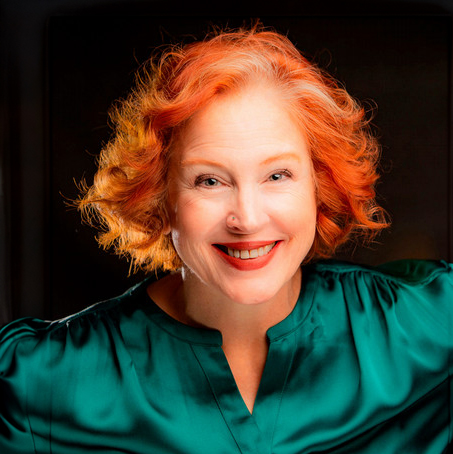
Music Instructor, Lynne Rothrock
Collaborative Pianist, Julia Andrews
Summer is the perfect time to expand your stage repertoire through musical theatre. Whether you’re considering a lifelong performing career or want to gain experience for your own enjoyment, practicing across specific genres with a group of dedicated peers will create enriching experiences and build confidence in your adaptability.
We will analyze, stage and perform scenes from a variety of musical theatre genres, both dramatic and comedic. We will focus on adapting to various singing styles associated with specific eras in musical theatre, including Golden Age, Contemporary and Pop. Our stage work will focus on which techniques and styles in acting and vocal production are particularly appropriate to each genre and how to implement those characteristics in healthy and supported singing. Our class will conclude with a performance for family and friends.
Stage and classroom activities will include:
- analysis of musical theatre scenes for developing roles
- studying examples of comparable styles of performance
- learning music for each scene, implementing appropriate style characteristics
- blocking and staging selected scenes
- constructive coaching and refinement of performance by faculty and in discussion with peers
What students take away for high school and college work:
- expanded understanding of what techniques and styles apply to different genres of musical theatre
- stage confidence to be able to adapt your performance style to multiple genres
- experience quickly building rapport and collaborating with a new group of actors
- discovery of techniques that develop vocal potential in a variety of styles
- ability to receive feedback, explore creative options and take direction
Prerequisites: students should be comfortable with solo and group singing. Prior to the beginning of class, students will be asked to provide instructors with basic information regarding vocal range and experience to be used solely for scene selection and planning purposes. All are welcome.
17 Days Later: Zombies, Brains and Basic Neurocience
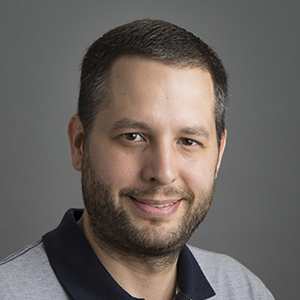
Associate Professor of Psychology & Behavioral Neuroscience
Steven Neese
What makes a zombie brain tick? Why are zombies always so hungry? Can you escape this class with enough knowledge to survive a zombie apocalypse? The days are numbered …
This course will be a journey into the human brain through the exploration of the behavioral changes seen in classic zombies. By examining the pop culture that has influenced researchers to discuss brain science in the context of an “undead world,” students will be introduced to the major functions of the human brain and apply that knowledge to how they could survive a fictional “zombie world.”
Lab and classroom activities will include:
- exploration of brain structure through dissection of sheep brains
- establishing learning patterns in flatworms and measuring any saved memory in a “zombie worm”
- viewing Night of the Living Dead (1968) as a critical study of zombie behavior
- critical analysis of Hollywood zombies through a “neuroscience lens.” What do they get right? Wrong? What could they do better?
What students take away for high school and college work:
- experience conducting and documenting lab processes and procedures at a college level
- an understanding of the introductory principles of neuroscience
- practice incorporating lab work and cultural references to form critical analysis
No prerequisites
Chemistry and the Kitchen: Should We Be Wearing Goggles?

Laboratory Instructor and Lecturer in Chemistry, Andrea Dunn
Do you know that everything is a chemical? Do you know the difference between baking soda and washing soda? Do you know the difference between cream of tartar and tartaric acid? Why are certain cabbages purple not green? Why does bread rise? And what makes it smell so good?!
In this class, you will spend some time in the chemistry lab to synthesize your own alum, a common leavening agent, and design your own experiment to test its usefulness in the kitchen, or the dye pot, or in the bathroom—it's kind of a jack-of-all-trades chemical. You will also get to spend some time in a real kitchen where you will be able to eat your experiments. Why are cookies crunchy or chewy? Will baked goods rise better with ‘chemical’ or ‘biological’ leavening agents?
Lab and classroom activities will include:
- synthesizing chemicals in a laboratory setting
- designing your own experiments to test the chemical properties with wet-lab techniques
- learning how to use modern instrumental methods such as using an Inductively Coupled Plasma-Optical Emission Spectrometer (ICP-OES)—uses plasma! Hotter than the surface of the sun!
- comparing the qualities of chemical vs. biological leavening agents for optimal performance
What students take away for high school and college work:
- experience conducting and documenting lab processes and procedures at a college level
- appropriate use of significant figures—how many places after the decimal are too many or too few, units—a good practice so you don’t crash a Mars rover someday
- an understanding of laboratory safety measures and why goggles are great
- experience working with high-tech laboratory equipment to complete chemical analysis
Allergen warning: we will be using wheat flour, eggs, plant and animal fats, possibly peanuts, and milk in our shared kitchen laboratory setting. If students prefer a vegan or gluten-free recipe they are welcome to bring one and add to the experiments as long as they can be around those allergens.
Prerequisite: high school chemistry
The Secret Lives of Cells
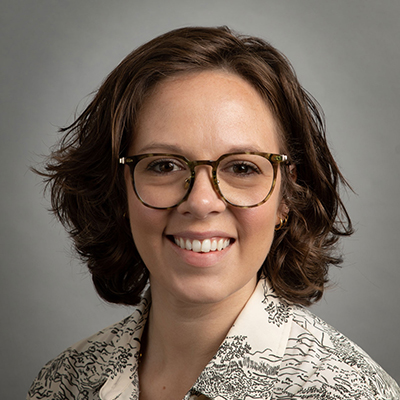
Assistant Professor of Biology, Nicole Green
Cells are the fundamental building blocks of life. Humans, the fruit fly buzzing around your kitchen, and your favorite houseplant all share a similar cellular origin. Of the 30 trillion cells that make up the human body, there are approximately 200 different types of cells that build the various structures and form the essential processes to keep us alive and healthy. The health and survival of all organisms depend on a delicate dance of cells working in unison. For decades, scientists have been unraveling the mysteries of how our cells change and grow during our lifetime and understanding how cells can adapt and respond to challenges from our ever changing environment.
How did we learn about the microscopic structures and processes that make up our bodies? What tools and methods allow us to analyze and compare cellular makeup to inform scientific and medical discovery? You’ll learn the history of the field of cell biology and how cell biologists use microscopes and other lab techniques to understand what is happening at the cellular level. We will discuss methods for studying cells and use the model organism, Drosophila melanogaster, to see how changes at the molecular and cellular level affect the health of an individual. This course is designed for students interested in biomedical research, careers in healthcare, or for students generally curious about the process of scientific discovery.
Lab and classroom activities will include:
- exploring readings and studies of historical and modern cell biology
- introduction to microscope technologies and analytical software
- viewing episodes of the anime series Cells at Work! to discuss how cells coordinate and adapt during throughout a person’s life
- reading The Immortal Life of Henrietta Lacks to reflect on important ethical considerations in biomedical research
- using the model organism Drosophila melanogaster to dissect and study important cellular processes involved in both healthy and diseased tissues
What students take away for high school and college work:
- understanding of cell biology as the building blocks of life
- experience with professional laboratory methods and technologies
- practice designing and analyzing experimental data
- hands-on experience with tissue dissection and microscopy to visualize cells
- preparation for introductory biology courses and labs important for careers in biomedical research or pre-health professions
No prerequisites
Programming Apps in Python
How many apps do you use in a day? Who builds them and how do they do it? Python is one of the most popular programming languages for new coders and is a tool you can use to build apps for mobile devices and websites, data management, and even machine logic automation. Python is also being used in scientific computing and AI development–learning this language can help with your future college projects and allow you to pair logic and creativity into one tool by developing simple and useful apps such as a calculator or tic-tac-toe game.
Lab and classroom activities will include:
- an overview of the Python programming language
- exercises in programming logic and planning application behaviors
- code development to build an app from scratch
- review of UI/UX concepts to make apps appealing and useful
What students take away for high school and college work:
- a base of understanding for how to use a programming language to automate actions and review data.
- knowledge of machine logic and how that influences emerging AI behaviors and how we will use it in the future
- experience with programming to inform whether it’s a skill you’d like to pursue further
Prerequisites: none
Explore computer science at Cornell
From Math to Money: Understanding Personal Finance
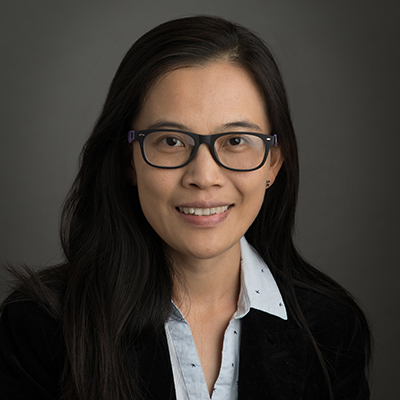
Associate Professor of Finance, Huan Cai
Learn how to handle your money like a pro with our hands-on course. Using real-life examples—like saving for college, financing big purchases, planning a mortgage, and understanding your paycheck—we’ll show you how to make smart financial decisions.
No need to be a math whiz! We’ll keep things simple, guiding you step-by-step through financial concepts and teaching you how to solve problems using Microsoft Excel. Whether you love math or prefer to keep things practical, this course is designed to give you the tools you need to take charge of your financial future.
Classroom activities will include:
- exploration of financial models and the math behind how they work
- using spreadsheet models to solve financial problems
- building realistic timetables to achieve financial goals
What students take away for high school and college work:
- a clear understanding of key money management skills
- confidence to use math in everyday financial decisions
- practical experience creating Excel models to plan for your financial goals
- ability to communicate with each other about personal finance topics
Prerequisites: High School Algebra 1
Explore economics and business at Cornell
Movement by the Numbers: Fitness, Sport Skills, & Statistics
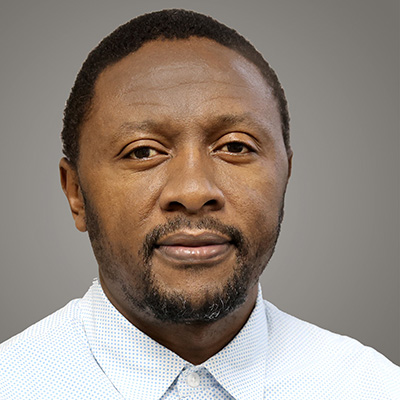
Associate Professor of Kinesiology, Lewis Kanyiba
Fitness, movement, and skills in sports have a universe of numbers associated with them. With modern technology, including wearables, we are able to collect and make sense of these numbers, particularly as they apply to an individual person. If you love exercising for fitness or playing sports, then let’s make sense of the numbers associated with your favorite activities or sports while learning how to code, analyze, and develop personalized fitness plans.
This course is an introduction to basic statistics by utilizing data gathered in the classroom to connect theory and practice. We will discuss various assessment tools and protocols for assessing health-related physical fitness (aerobic capacity, musculoskeletal strength and endurance, flexibility, and body composition), psychomotor skills (agility, balance, coordination, power, speed, and reaction time), and chosen sport-specific skills. If you’re interested in improving your own performance or coaching others, this course is for you.
Lab and classroom activities will include:
- set-up of measuring tools and software
- data collection from wearable device measurements
- coding and cleaning data for analysis
- statistical review of data and how to present it
What students take away for high school and college work:
- understanding of data collection methods and tools
- ability to convert raw data to meaningful information
- practical application of statistical methods to daily activities
- experience with Excel and Statistical Software for Social Sciences (SPSS)
- Scientific knowledge of how movement impacts overall health
Explore kinesiology at Cornell
If you're ready to learn One Course At A Time we look forward to welcoming you to the Hilltop this summer. Registration will open at the end of January 2025.

